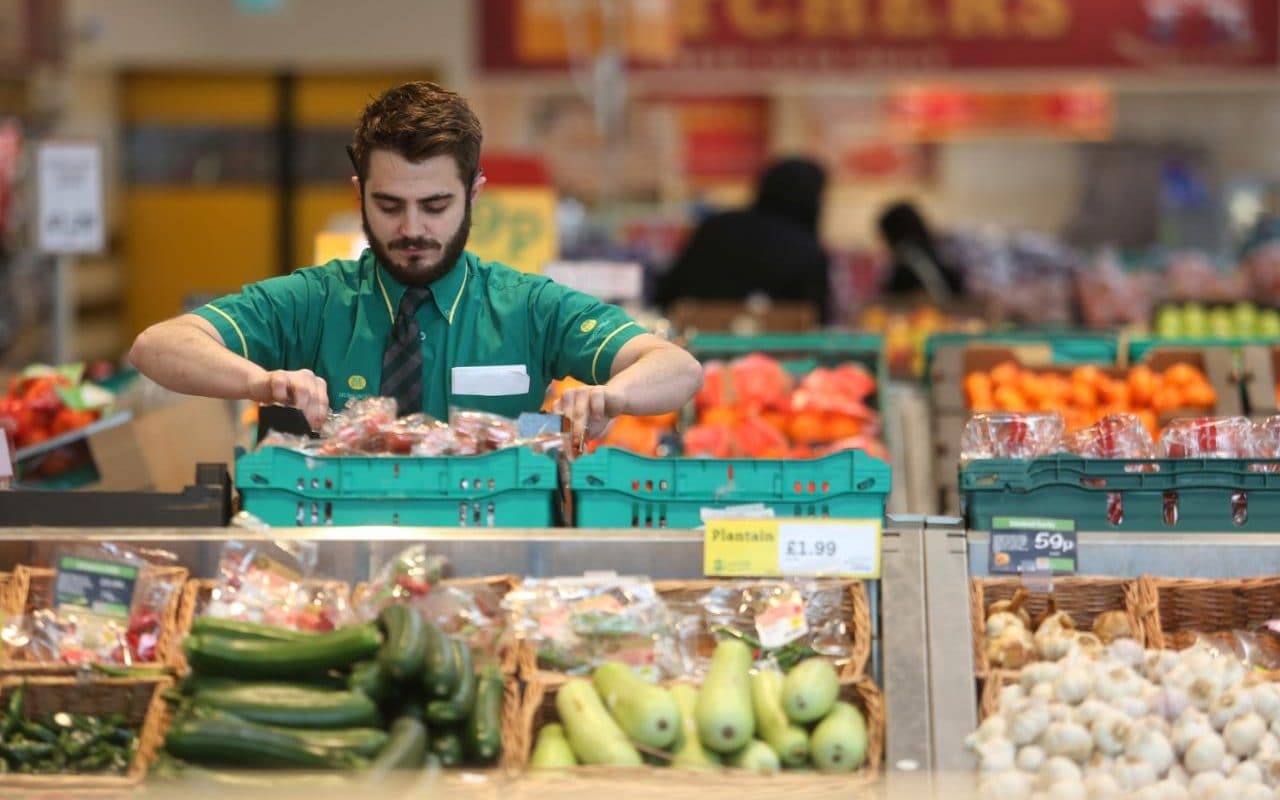NGOs expose rights abuses in EU supermarket supply chains

Our food supply chains are in crisis. Around the world, Oxfam has found them to be rife with violations of human, labour and women’s rights. Forced labour and hidden suffering are unwanted ingredients in products ranging from tea and cocoa to fruit and vegetables, meat and seafood. In-work poverty in these supply chains is the norm, not the exception, and gender discrimination is woven into their fabric.
Newly commissioned research for Oxfam on Assam tea which is inked to the supply chains of several international supermarket chains, shows the human cost of hidden exploitation. Research on Assam tea shows the depth and scale of human suffering in this remote region of North-East India. Interviews with 510 workers on 50 tea estates linked to domestic and international supermarket chains reveals that workers are being systematically denied their rights to decent working and living conditions.
The Oxfam-commissioned research shows that half of the workers interviewed in Assam receive government ‘below poverty line’ ration cards because they cannot live on their wages, a third experienced recurrent debt, and some reported remaining on the same (extremely low) pay grade for between 15–20 years.
The research shows that women can undertake up to 13 hours of physical labour per day after just six hours’ rest. Most workers do not have access to safe drinking water, meaning that diseases such as cholera and typhoid appear to be common on Assam tea estates. At the root of this crisis is an inherent inequality of power, meaning that supermarkets and large tea brands can exert an ever-greater squeeze on the estates that supply them with private label and branded Assam tea.
Oxfam-commissioned research estimates that in the Indian domestic market, supermarkets and tea brands receive 58% of the end consumer price for black processed tea from Assam, with just 7% estimated to accrue to workers on tea estates.
